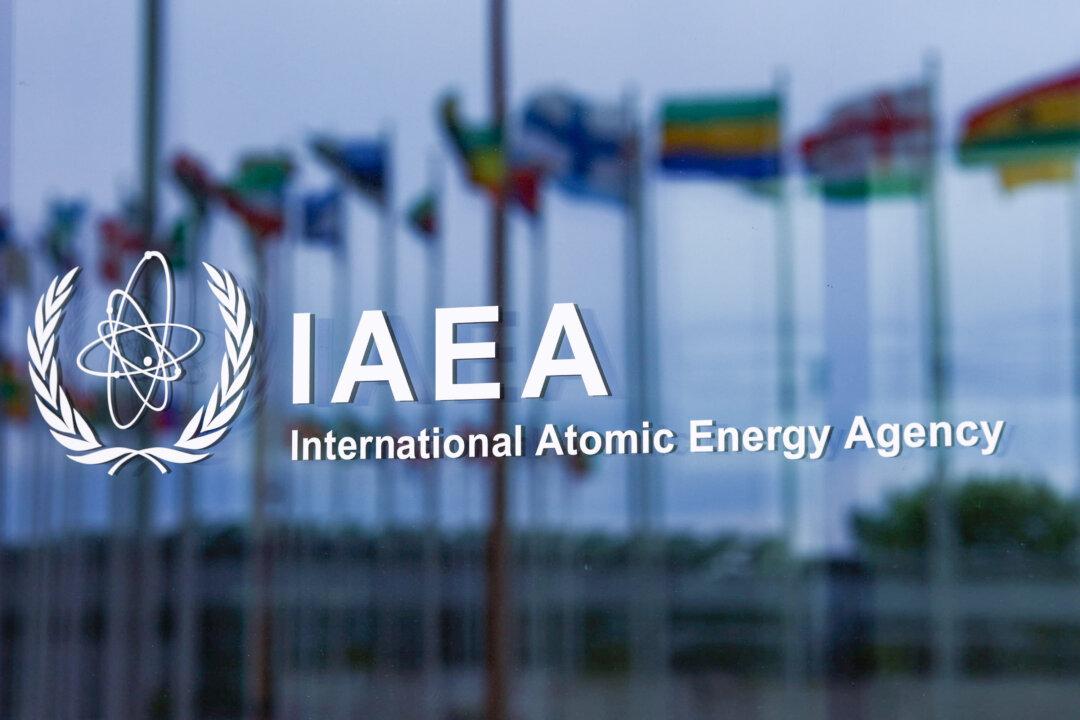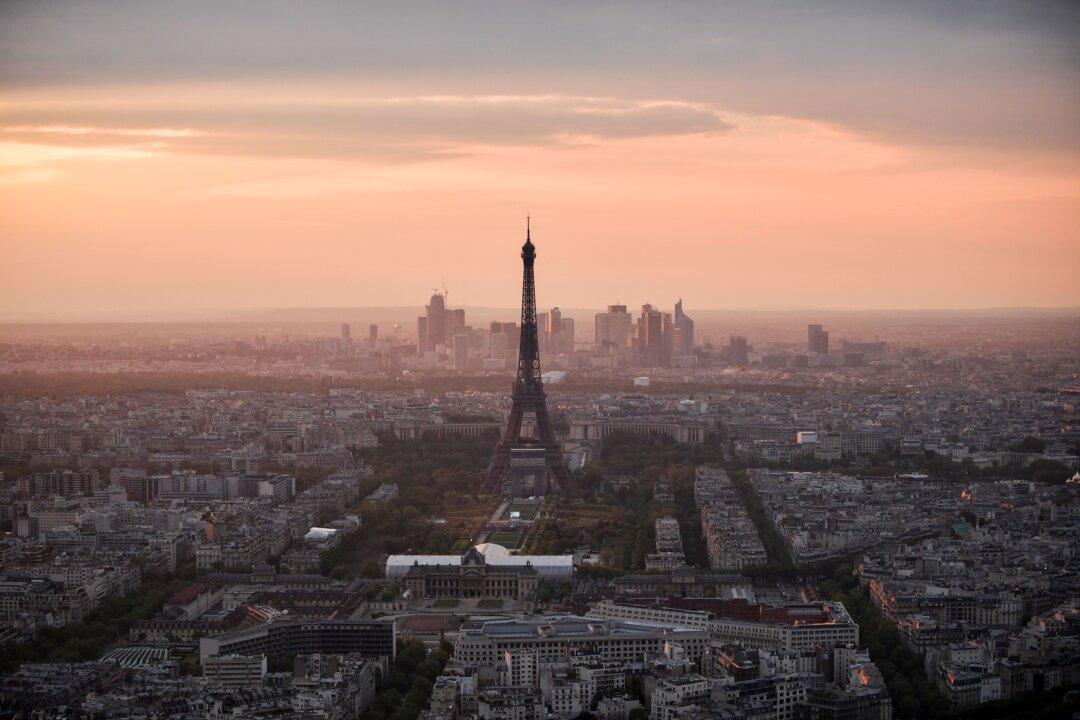The International Atomic Energy Agency (IAEA) has condemned Iran for the second time in five months for failing to cooperate fully with the agency’s inspectors monitoring its nuclear program.
The board of governors of the IAEA’s nuclear watchdog, meeting in Vienna, also called on the Iranian regime to explain why traces of uranium had been found at two locations that Tehran failed to declare as nuclear sites.





